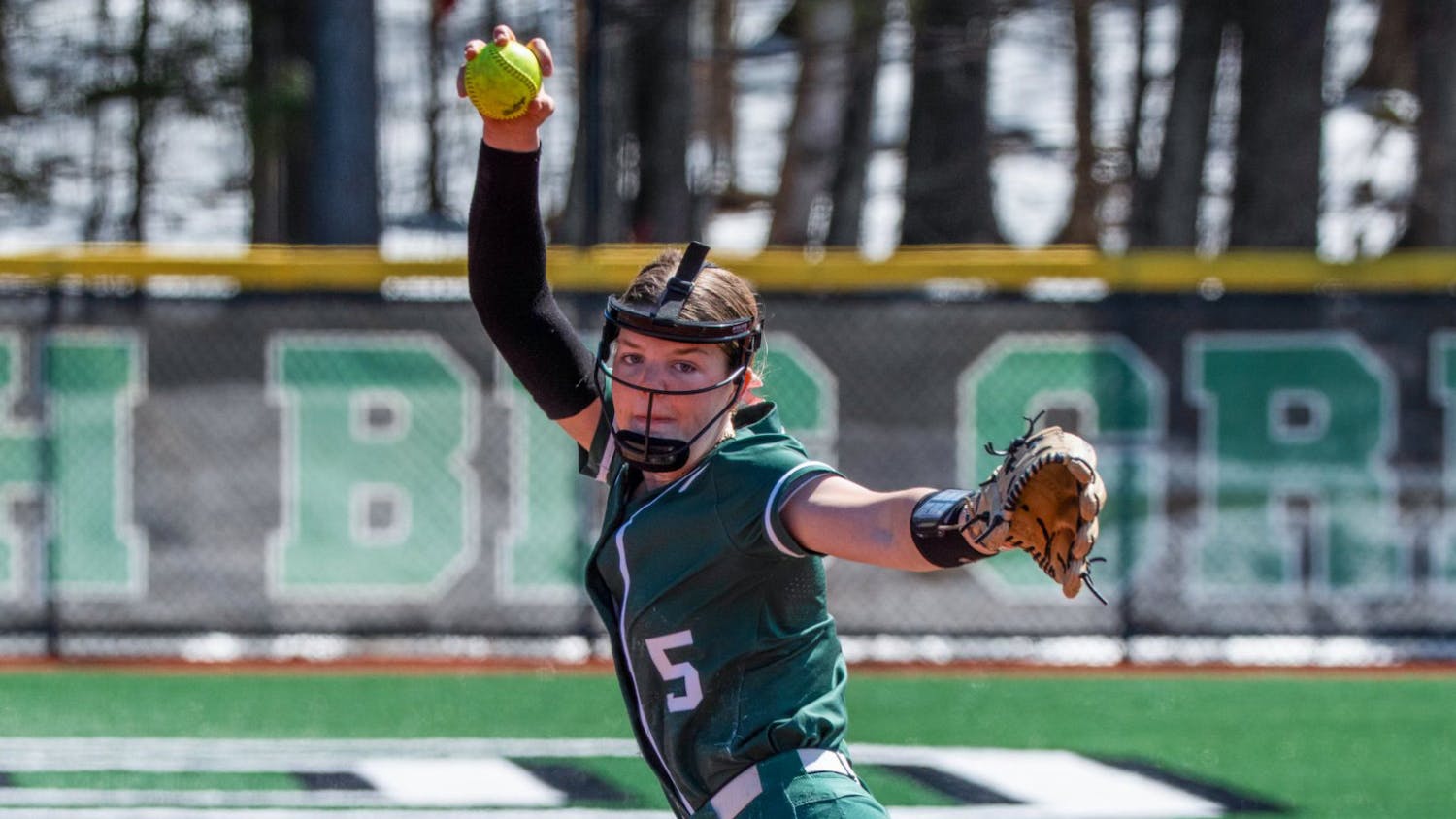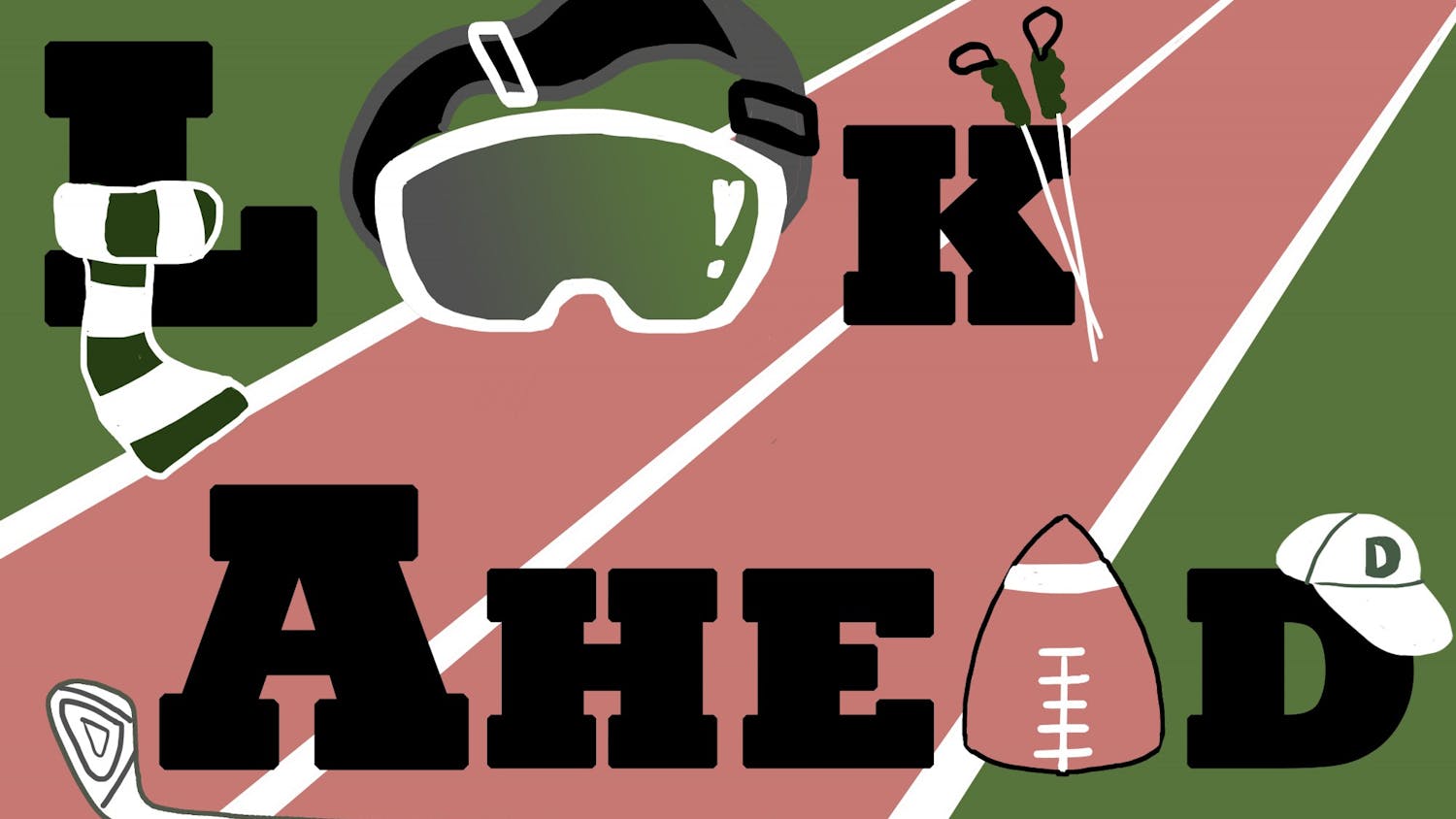As he rode into Paris Sunday for a record sixth-consecutive year clad in the yellow jersey, Lance Armstrong celebrated his place in history with a flute of champagne and a smile. In the 101-year history of the Tour de France, no other rider has ever won more than five tours.
And Armstrong, 32, shattered that record in convincing fashion. After winning by just 61 seconds over perennial challenger Jan Ullrich last year, Armstrong returned with a vengeance in 2004. This year he beat out second-place finisher Andreas Kloden by six minutes and 19 seconds, winning five stages along the way in cycling's most grueling and prestigious race.
"He's been the strongest man for the last six years," Kloden said of the Texan. "It's unbelievable."
Armstrong began his six-year winning streak in the 1999 tour, just three years after surgery and chemotherapy for testicular cancer that had spread to his lungs and brain. Just eight years ago he was given less than a 50 percent chance of survival. After his toughest win last year Armstrong pledged, "I love cycling, I love my job and I will be back for a sixth."
But the achievement was almost too much for even Armstrong to comprehend.
"It might take years. I don't know. It hasn't sunk in yet. But six, standing on the top step on the podium on the Champs-Elysees is really special," he said.
From the first stage of the Tour it was clear that Armstrong had his mind set on the record books. In the prologue, he recorded a scorching pace and finished in second place. Armstrong's U.S. Postal team went on to win the Stage 4 Team Time Trial and put on the yellow jersey for the first time.
But Armstrong quickly ceded the jersey to the young Frenchman Thomas Voeckler in the next stage, not wanting the responsibility of defending the jersey for the entire tour. Voeckler and his Brioche la Boulangere team managed to protect the jersey for the next 10 stages, holding it through the Pyrenees and up until the first Alpine stage, providing the surprise of the early Tour.
The early stages of the tour provided much excitement, as inclement weather, cobblestones, and winding courses led to many dangerous crashes and pile-ups.
But while Voeckler held onto the jersey through the two Pyreneean stages, it was then that Armstrong made his first attack on his largest competitors. Armstrong left all his competitors minutes behind him on the slopes La Mongie, except for Ivan Basso of the CSC team who stuck with Armstrong up the grueling ascent and narrowly beat out the champion at the line for the stage win. No other rider would again best Armstrong on a mountain stage for the remainder of the Tour.
The next day, on the second stage through the Pyrenees, Armstrong and Basso again broke away from the rest of the group leaving competitors in the dust. But this time Armstrong utilized his powerful high cadence pedaling style to push ahead of Basso and capture the stage.
Again in the Alps, Armstrong led a breakaway group along with Basso. But this time he was joined by Ullrich and Kloden up the final ascent. As they neared the last 500 meters it appeared the four would fight it out for the stage win at the line, but Armstrong demonstrated his in-depth knowledge of the course and took the fastest line, catapulting him to a second-straight mountain victory.
Stage 16 brought the climax of the tour with an individual mountain time trial up the slopes of the legendary L'Alpe-d'Huez. Sitting in first place in the tour, Armstrong had the honor of going last on the day, but after one minute up the brutal slopes there was no question who was going to win the stage, it was only a question of by how much. By just the second checkpoint, not even half way up the climb, Armstrong had opened up a 40-second advantage over second place Ullrich with his characteristic out-of-the-saddle peddling.
By the time he crossed the finish line, Armstrong had passed Basso, who started the time trial two minutes ahead of him and had enlarged his gap on Ullrich to 61 seconds for the stage.
Armstrong racked up his fourth-straight mountain stage victory the next day on the final stage in the Alps with substantial help from teammate Floyd Landis who dragged himself up the successive slopes of the stage, with his team leader on his back wheel the whole way.
Armstrong again made a last minute bolt to sprint ahead for the win, leaving Landis to finish 13 seconds back in fifth place.
With over a four-minute lead on Basso in second place, Armstrong had his sixth Tour virtually wrapped up, but he wasn't done. Lance again edged out Ullrich by 61 seconds to increase his lead in the Tour to over 6 minutes. But the real fight of the day occurred between Basso and Kloden for second place. With a strong time trial on the second-to-last day of the Tour, Kloden took second-place which he would hold for ride into Paris.
As the "Star-Spangled Banner" played in Paris Sunday afternoon, Armstrong had finished the tour six minutes and 19 seconds ahead of second-place Kloden. Basso dropped to third, just 21 seconds behind Kloden, while Ullrich finished out of the top three, eight minutes and 15 seconds behind, a rather disappointing finish for the man who won the Tour in 1997 and finished runner-up five times.
The decisive win coming on the heels of the nail-biter last year has led speculation that this year's historic Tour may have even been his easiest yet.
"I hardly ever, if ever, attacked in this Tour," Armstrong said. "In the hard moments, I usually found myself in groups and only had to sprint. I didn't intend to dominate the race."
His case was made easier by the disappearance of many of his chief rivals early on. American Tyler Hamilton, who was expected to be one of Armstrong's chief rivals, dropped out early in the Tour. Spanish rider Iban Mayo also made a poor showing after a crash on one of the earlier stages.
"We never had a sense of crisis, only the stress of the rain and the crashes in the first week," Armstrong said. "I was surprised that some of the rivals were not better. Some of them just completely disappeared."
Armstrong has confirmed that he will race next year, and he as also made it clear that he intends to race the Tour de France again. However, there is speculation that next year might not be the year.
Armstrong is under growing pressure to race the Giro d'Italia, cycling's penultimate race. But another appearance in the Tour is not out of the question.
"Make no mistake about it, this is the greatest race in the world. This is the one I love most -- cannot imagine skipping the Tour. If I do come back, it will be only with perfect condition."



